how to get rid of blood clots in bladder
 Blood Clots In Urine? Read This!! - Boldsky.com
Blood Clots In Urine? Read This!! - Boldsky.comHemorrhagic cystitisHemorrhagic cystitis damages the inner lining of the bladder and blood vessels that supply the inside of the bladder. Hemorrhagic means bleeding. Cystitis means bladder inflammation. If you have hemorrhagic cystitis (HC), you have signs and symptoms of bladder inflammation along with blood in your urine. There are four types, or degrees, of HC, depending on the amount of blood in the urine: The severe and lasting HC are and . Infections can also cause HC, but these causes are less severe, they don't last long, and are easier to treat. An uncommon cause of HC is working in an industry where you are exposed to anniline or insecticides coloring toxins. Chemotherapy A common cause of HC is chemotherapy, which may include cyclophosphamide or ifosfamide drugs. These drugs are decompose in the acroleine of toxic substances. Acrolein goes to the bladder and causes damage leading to HC. It may take after chemotherapy to develop symptoms. Dealing with the Calmette-Guérin bacillus (BCG) can also HC. is a medicine placed in the bladder. Other anticancer drugs, including, are less common causes of HC. Radiation therapy Radiation therapy in the pelvic area can cause HC because it damages the blood vessels that supply the bladder lining. This leads to ulceration, healing and bleeding. HC may occur months or even years after radiation therapy. InfectionsCommon infections that can cause HC are viruses that include , polyomavirus and type 2 . Bacteria, fungi and parasites are less common causes. Most people who have HC caused by infection have a weakened immune system of cancer or cancer treatment. Risk Factors People who need chemotherapy or pelvic radiation therapy have a higher risk for HC. Pelvic radiation therapy treats cancers, , and bladder. Cytophosphamide and ifosfamide treat a wide range of cancers that include , , and cancers. The greatest risk for HC is in people who need a stem cell transplant or a transplant. These individuals may need a combination of chemotherapy and radiation therapy. This treatment can also reduce your resistance to infection. All these factors increase the risk of HC. The primary sign of HC is blood in the urine. In stage I of HC, the bleeding is microscopic, so you won't see it. In later stages, you can see chopped urine, bloody urine, or blood clots. In stage IV, blood clots can fill the bladder and stop urine flow. The symptoms of HC are similar to those of a , but may be more severe and durable. They include: Talk to your doctor if you experience symptoms of HC. Urinary infections rarely cause bloody urine. You should contact your doctor immediately if you have blood or clots in your urine. Get emergency medical care if you can't pass the urine. Your doctor may suspect HC of your signs and symptoms and if you have a history of chemotherapy or radiation therapy. To diagnose HC and rule out other causes, such as a bladder tumor or , your doctor may: HC treatment depends on cause and degree. There are many treatment options, and some are still experimental. Antibiotic, antifungal, or antiviral drugs can be used to treat HC caused by an infection. Treatment options for HC-related chemotherapy or radiation therapy include the following: If other treatments do not work, a procedure called embolization is another option. During an embolization procedure, a doctor places a catheter in a blood vessel leading to bleeding in the bladder. The catheter has a substance that blocks the blood vessel. You may experience pain after this procedure. The last resource for high-quality HC is , called cistectomy. Side effects of stestomy include pain, bleeding, and infection. Their perspective depends on the scenario and the cause. The HC of the infection has a good perspective. Many people with infectious HC respond to treatment and have no long-term problems. Cancer treatment HC may have a different perspective. Symptoms may start weeks, months or years after treatment and may be durable. There are many treatment options for HC caused by radiation or chemotherapy. In most cases, HC will respond to treatment, and its symptoms will improve after cancer therapy. If other treatments don't work, stestomy can cure HC. After stestomy, there are options for reconstructive surgery to restore urine flow. Please note that the need for HC scystomy is very rare. There is no way to completely prevent HC. It can help you drink plenty of water while undergoing radiation therapy or chemotherapy to keep urinating frequently. You can also help drink a large glass of cranberry juice during treatments. Your cancer treatment team may try to prevent HC in several ways. If you are having pelvic radiation therapy, limiting the area and amount of radiation can help prevent HC. Another way to reduce the risk is to put a medicine in the bladder that strengthens the lining of the bladder before treatment. Two medications, have had some positive results. Reducing the risk of HC caused by chemotherapy is more reliable. Your treatment plan may include these preventive measures: Last medical review on February 12, 2019Read this below
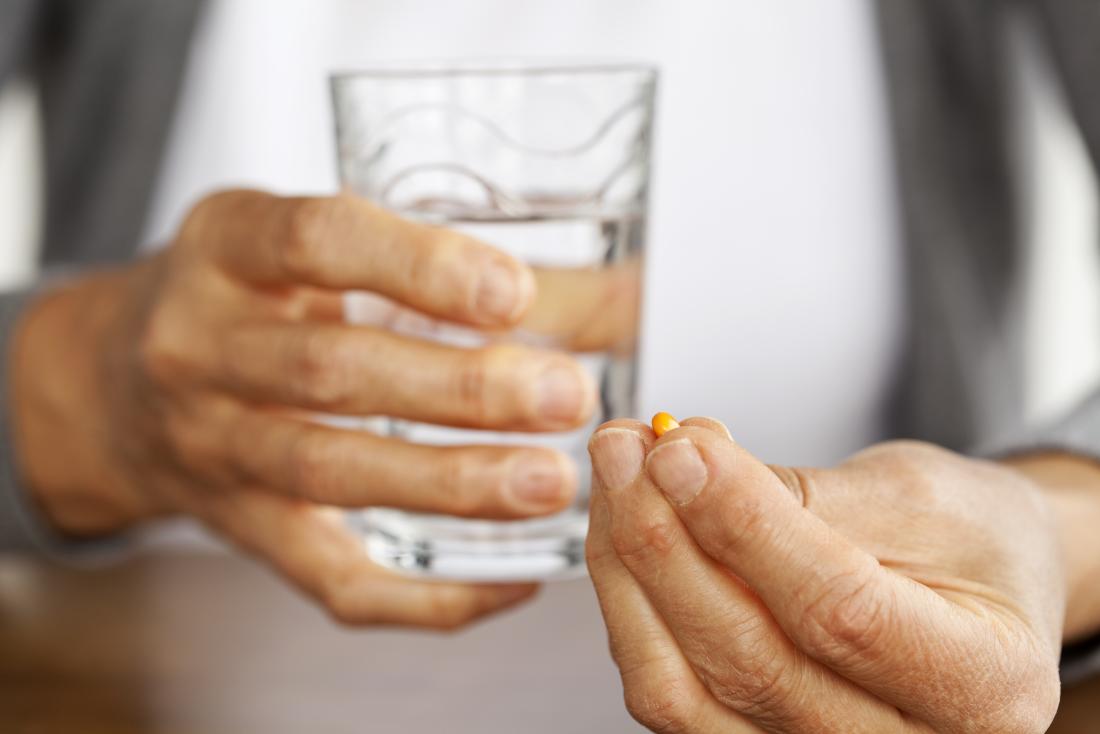
Blood clots: Treatment, home management, and prevention
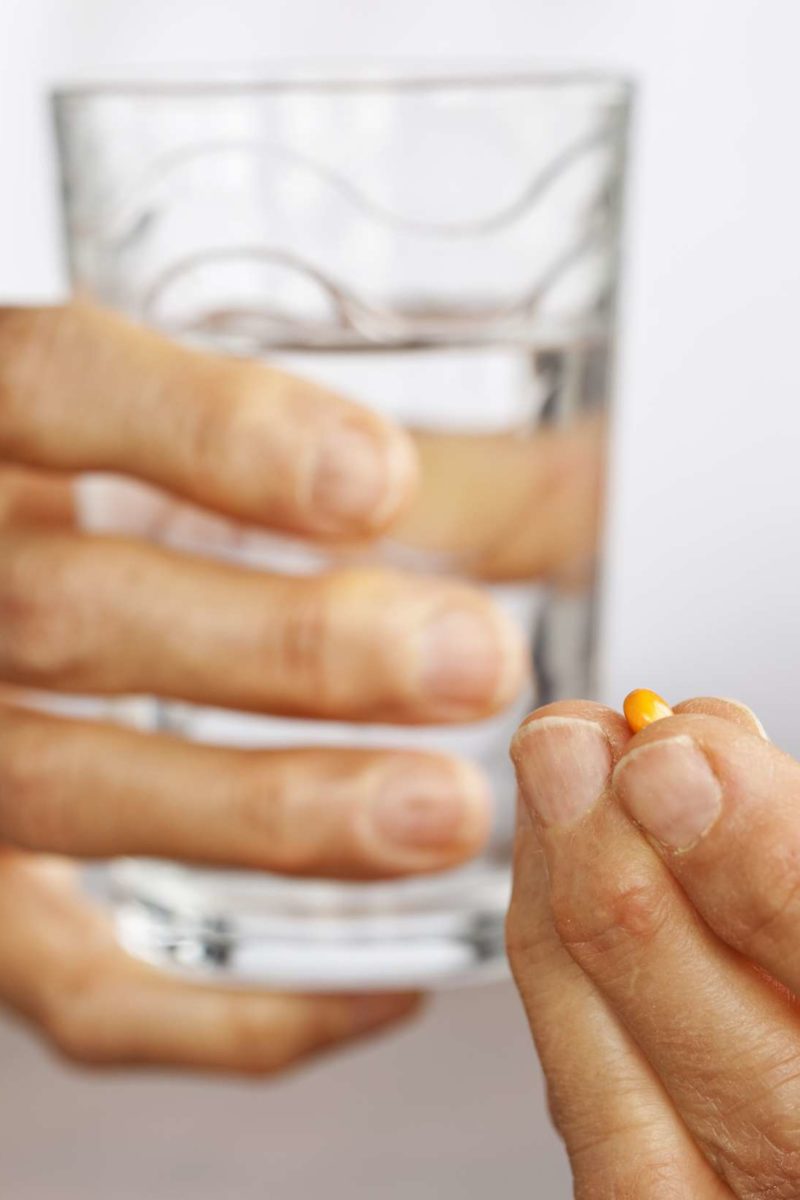
Blood clots: Treatment, home management, and prevention

How This Device Safely Removes Blood Clots - YouTube

Blood Clot Symptoms, Signs, Causes & Pictures

Hematuria (Blood in the Urine) | NIDDK
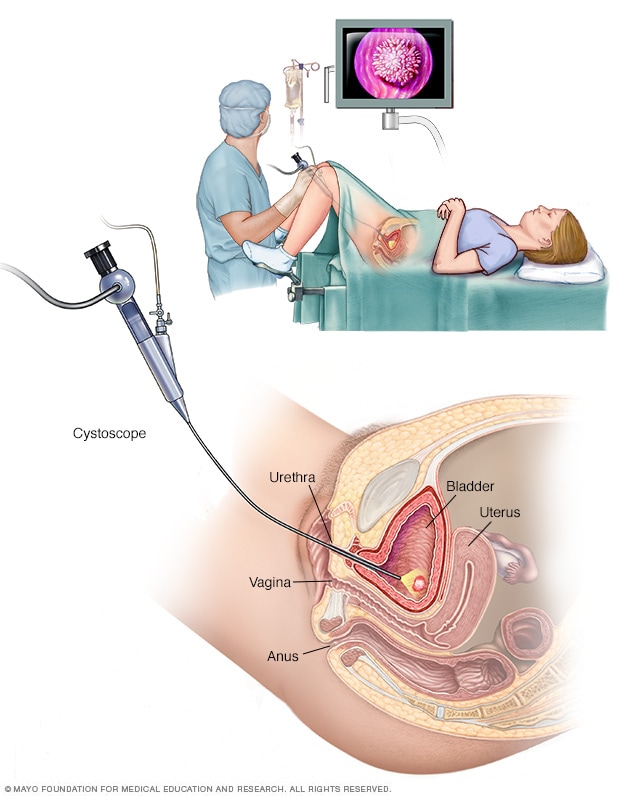
Blood in urine (hematuria) - Diagnosis and treatment - Mayo Clinic
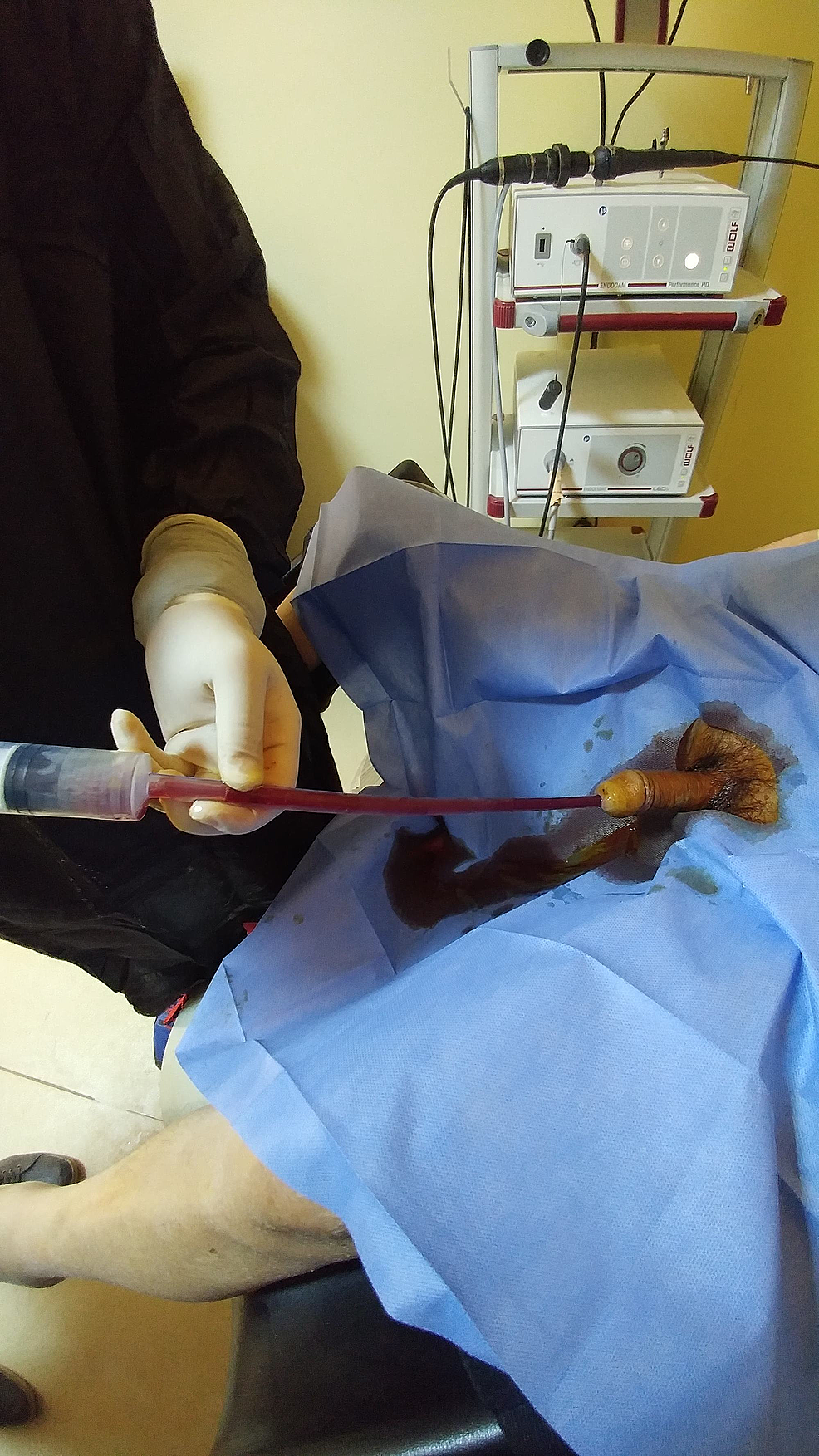
Cureus | Clot Retention: Our Experiences with a Simple New Technique of Evacuation with a Thoracic Catheter

Blood Clot (in Leg, Lung) Causes, Symptoms, Causes, Types & Treatment
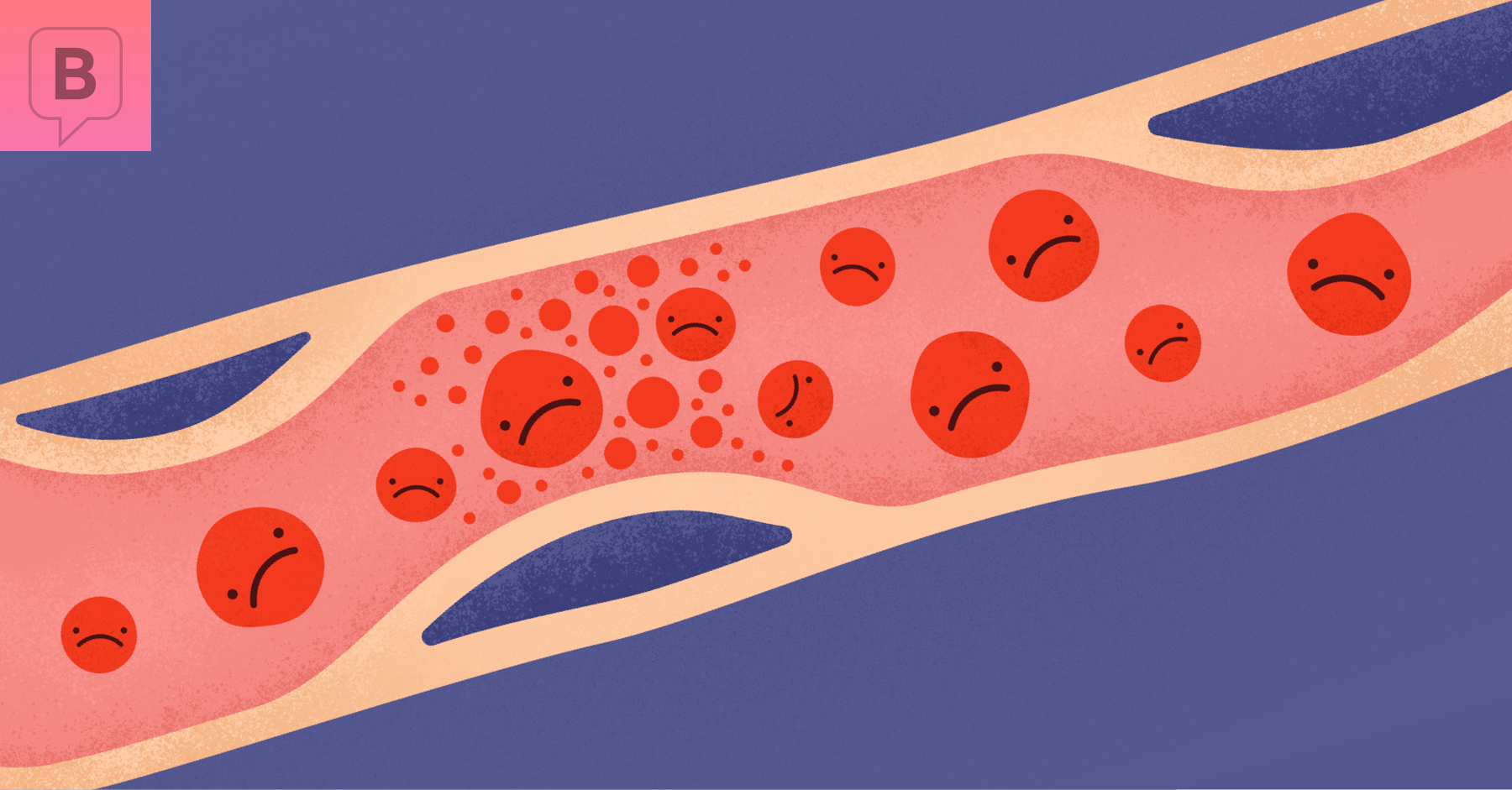
Bladder Cancer and Blood Clots (Thromboembolism)

Blood Clot Symptoms, Signs, Causes & Pictures

What Causes Blood in Urine (Hematuria) in Males & Females?

Trans urethral resection of bladder tumour (TURBT) | Bladder cancer | Cancer Research UK

Blood in Urine: Causes, Treatment, Diagnosis & More

4 Foods That Dissolve Blood Clots | The Conscious Life

What Causes Blood in Urine (Hematuria)? | Everyday Health

Hematuria: Causes of Blood in Urine + 4 Natural Approaches - Dr. Axe
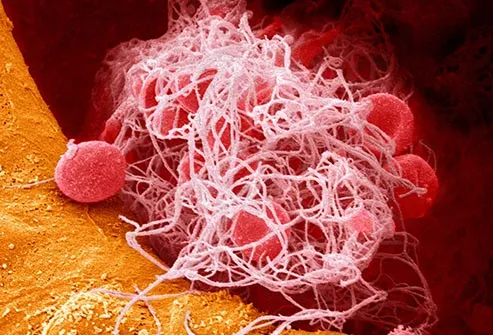
4 Blood Clot Symptoms Not To Ignore

Yes, Your Birth Control Could Make You More Likely to Have a Blood Clot – Health Essentials from Cleveland Clinic
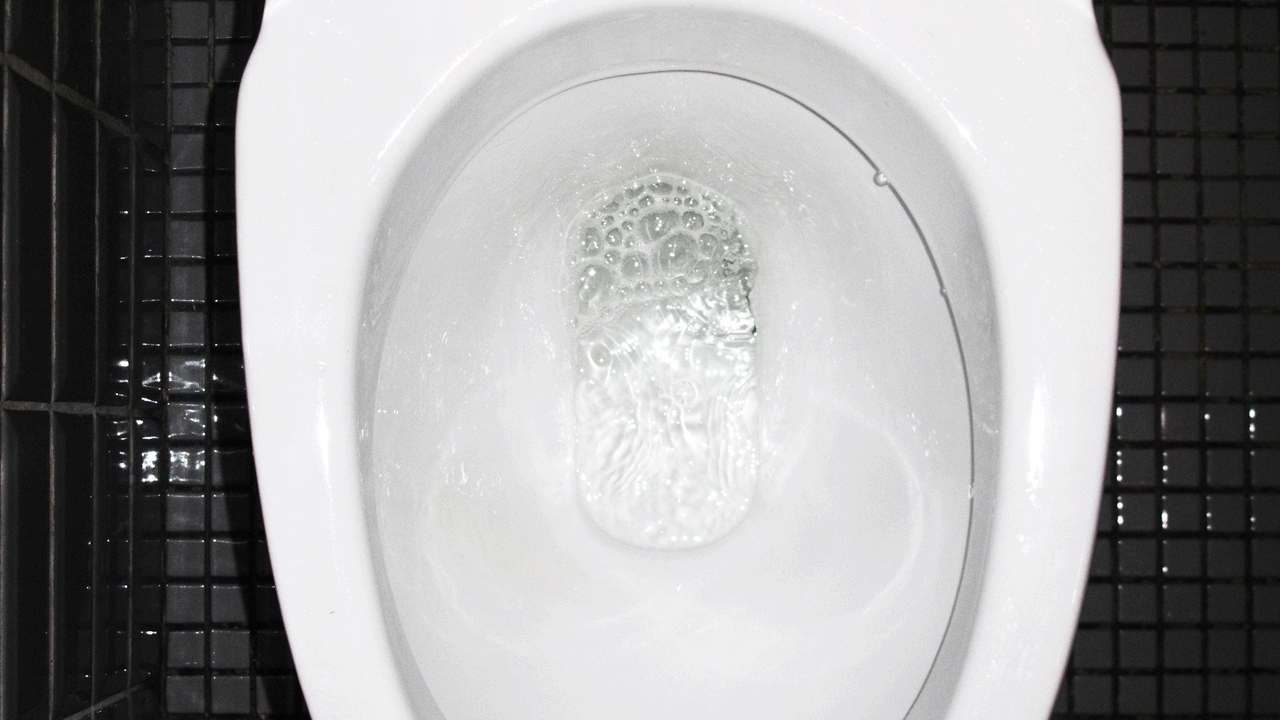
Blood in Urine: 10 Things That Can Cause This Strange Symptom | SELF

Deep Vein Thrombosis Treatment at Home
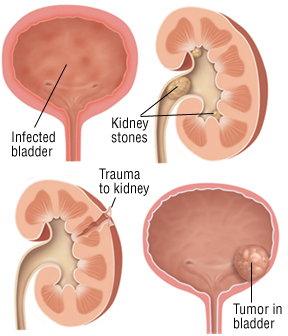
Hematuria - Harvard Health
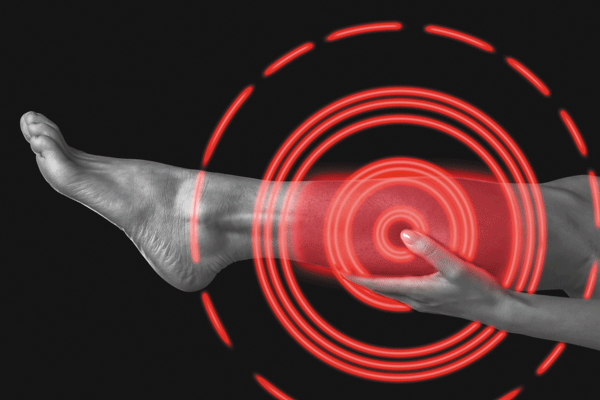
Deep-vein blood clots: Know the signs - Harvard Health
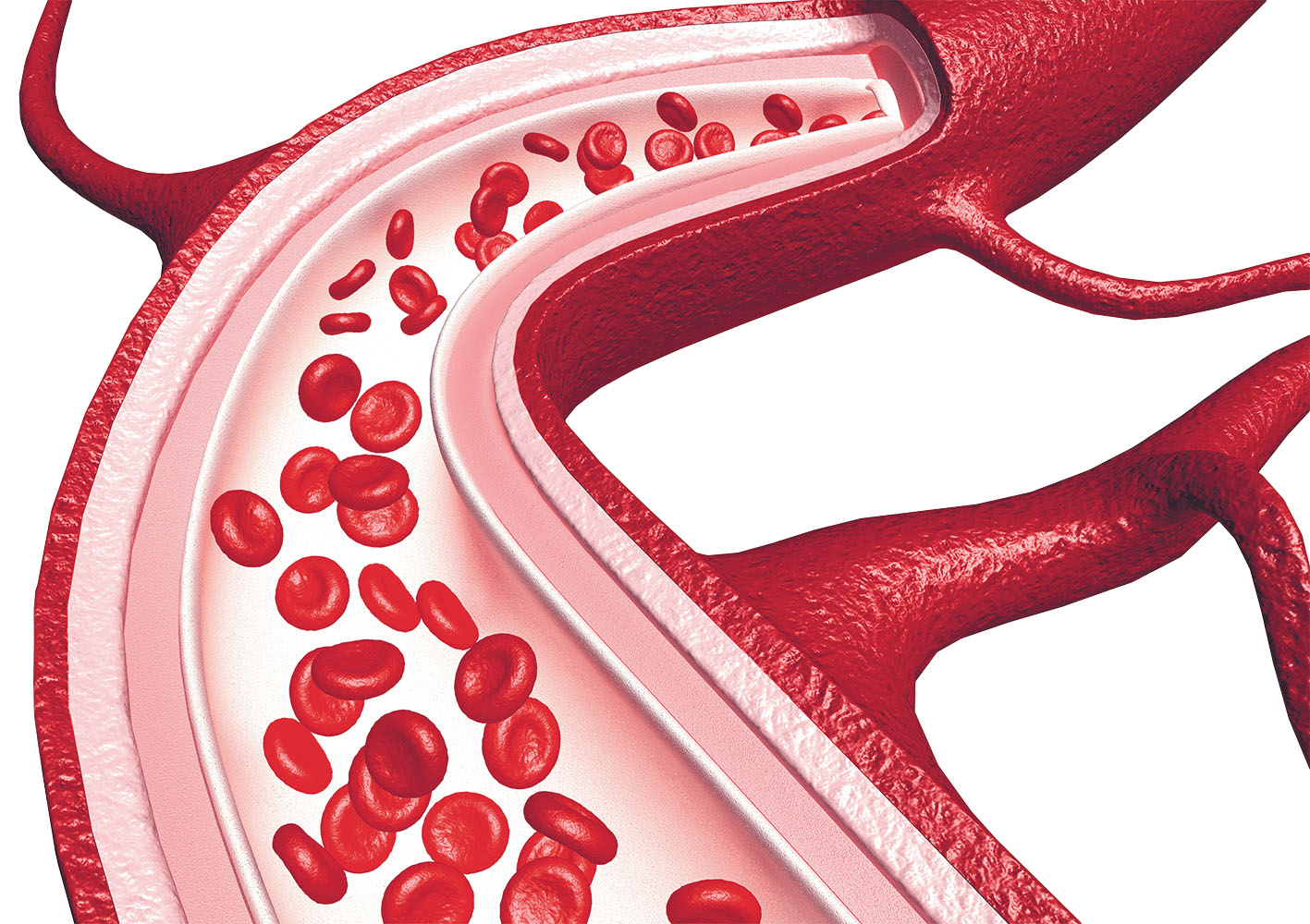
More antidotes for newer blood thinners - Harvard Health

What all pregnant women should know about blood clots | Your Pregnancy Matters | UT Southwestern Medical Center
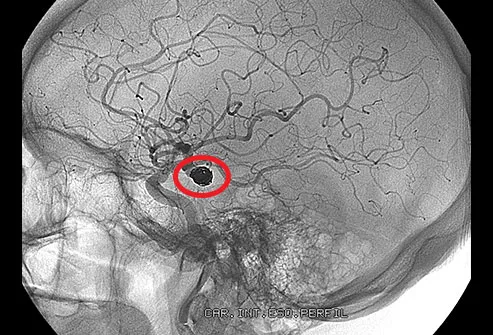
4 Blood Clot Symptoms Not To Ignore

Deep Vein Thrombosis Treatment at Home

Urinary Retention Symptoms, Medications, Surgery & Treatment
Blood Clots in Dog's Urine- Innovet Pet
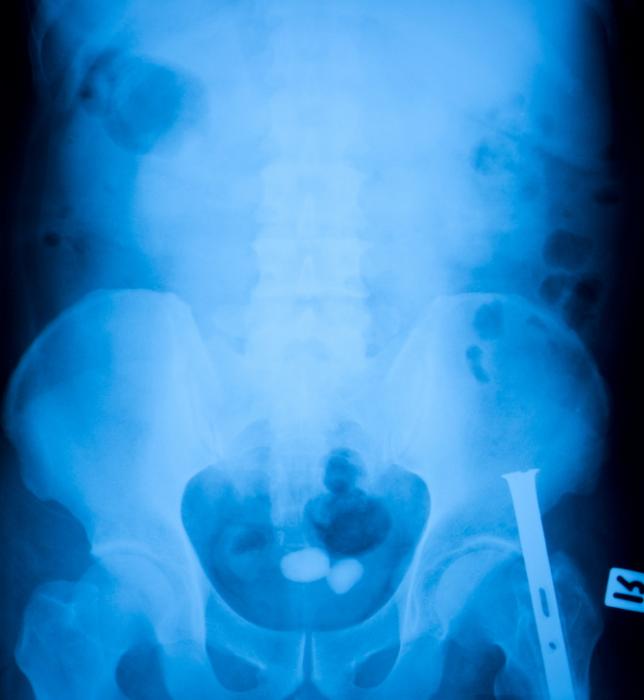
Bladder Stones: Causes, Symptoms, and Treatments

Blood Clots (in the Leg) Center by MedicineNet.com
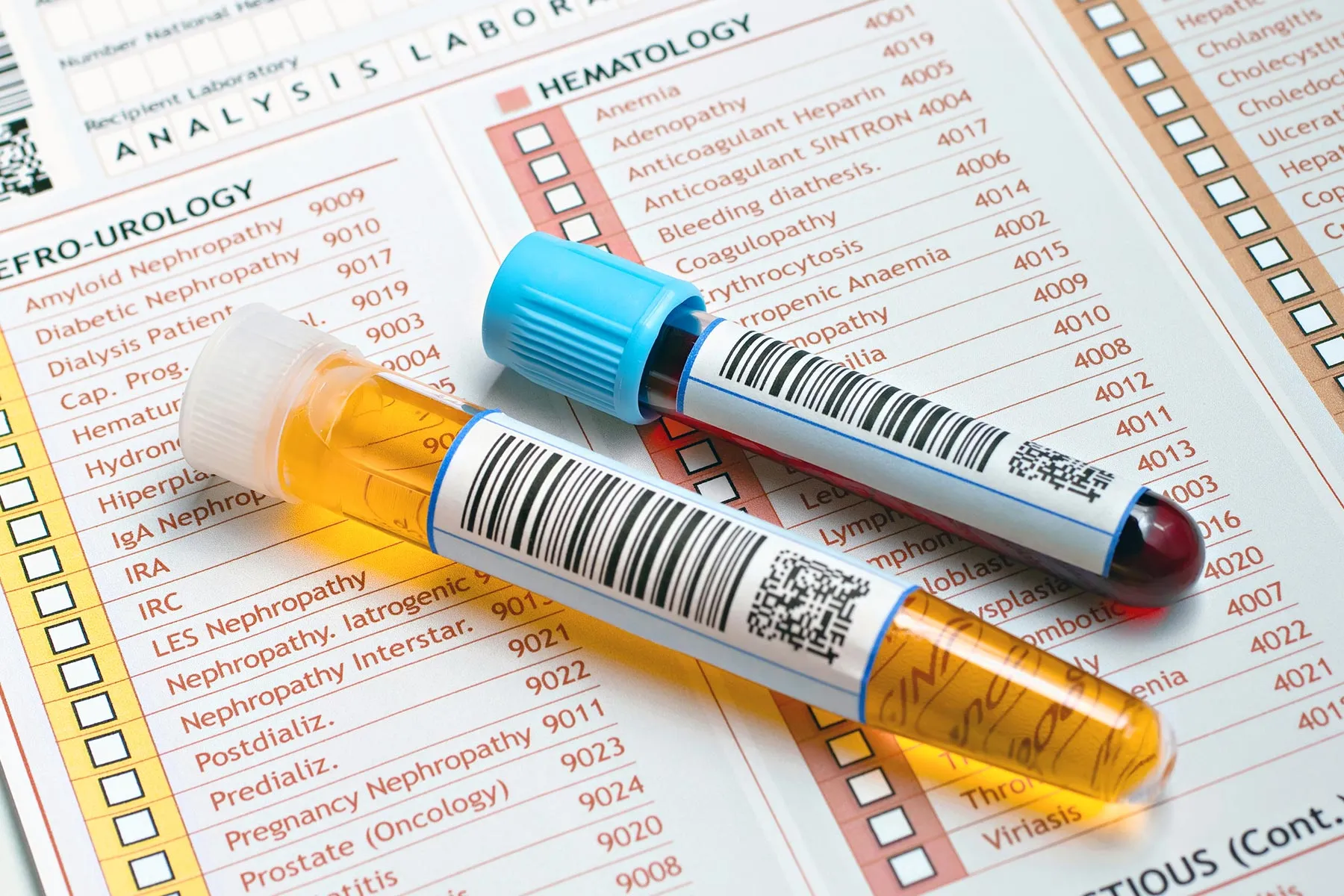
Conditions That Can Cause Blood in Your Urine
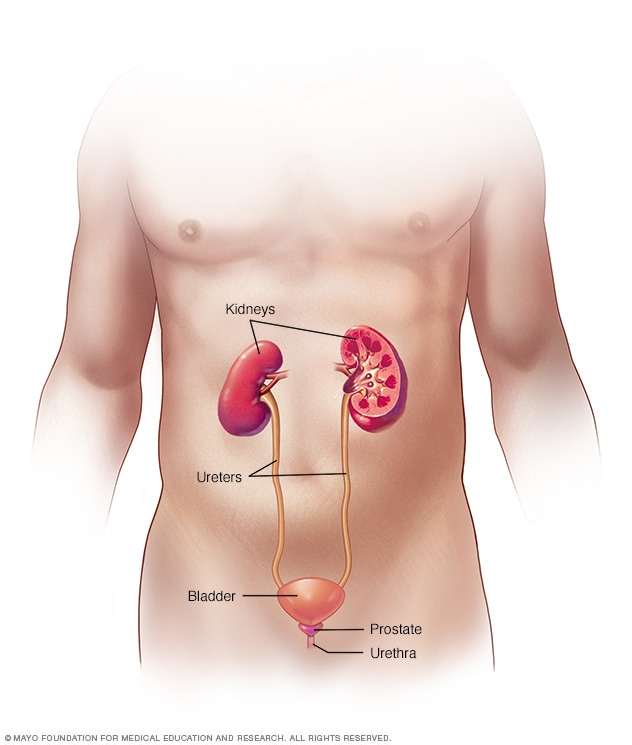
Blood in urine (hematuria) - Symptoms and causes - Mayo Clinic
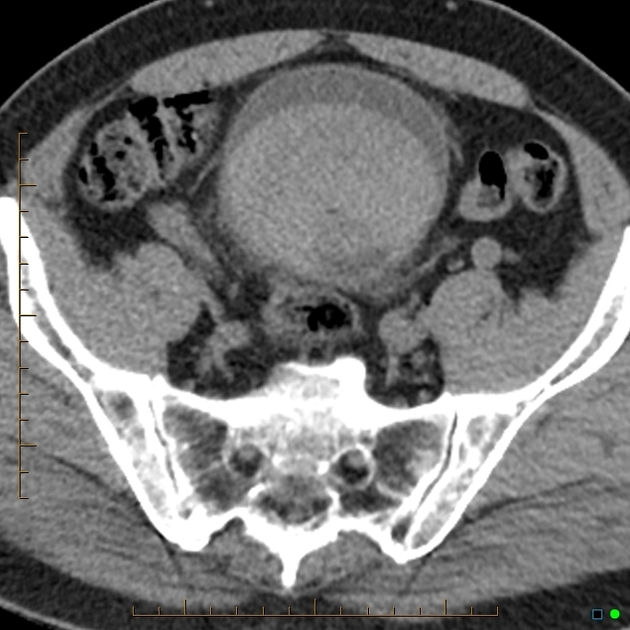
Urinary bladder clot retention | Radiology Case | Radiopaedia.org

Dog Has a Blood Clot in Urine: What Do I Do? | Canna-Pet®
How to get rid of blood clots and reduce your future risk
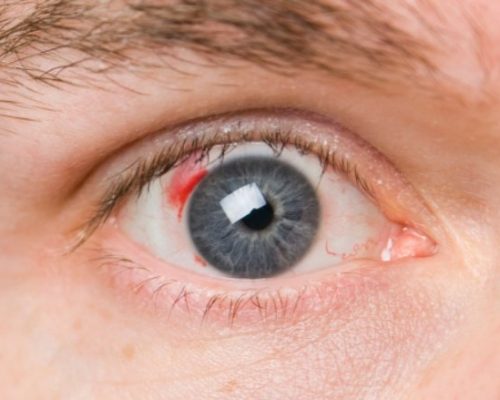
Blood clot in the eye and how to get rid of it
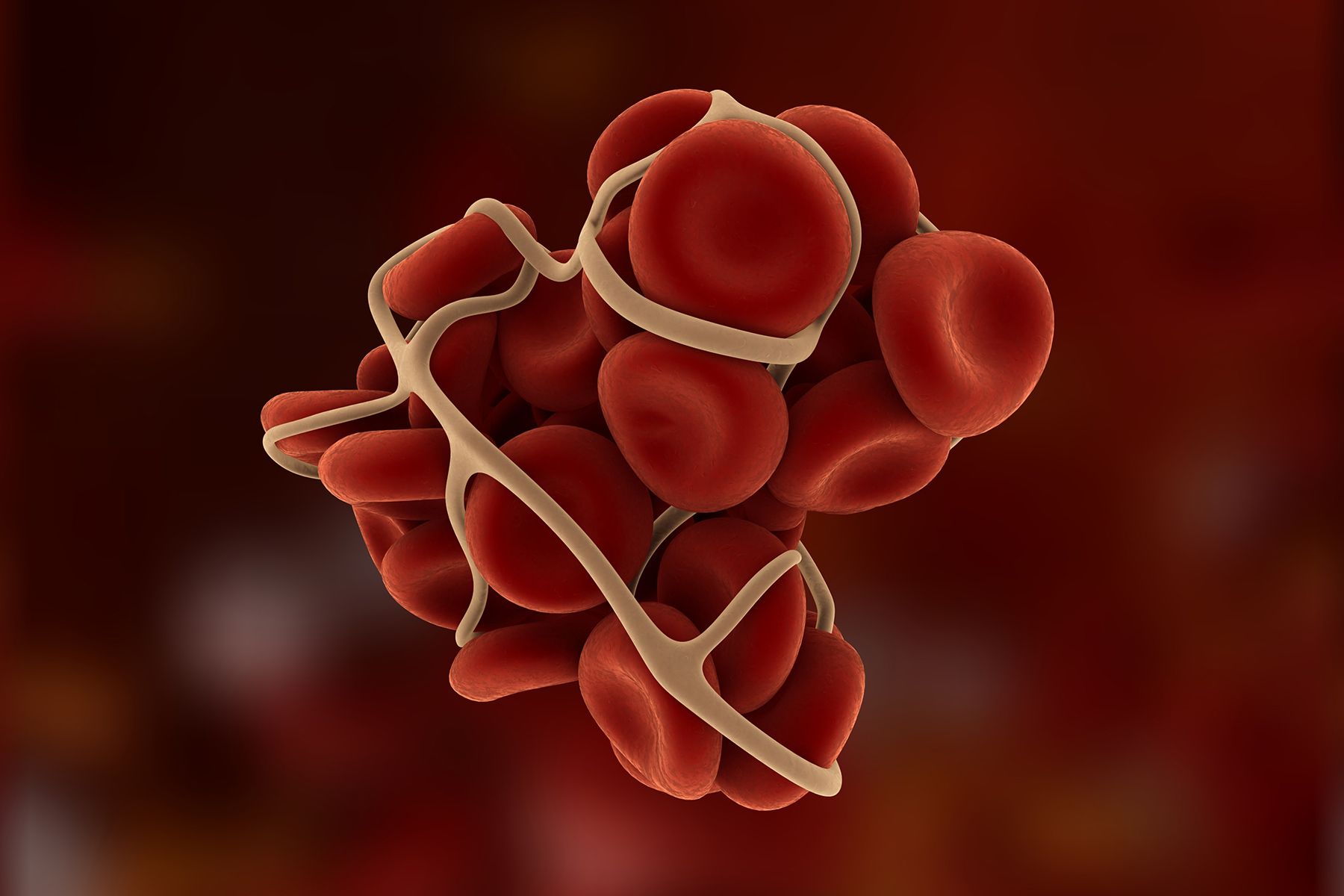
Blood Clots Are Another Dangerous COVID-19 Mystery
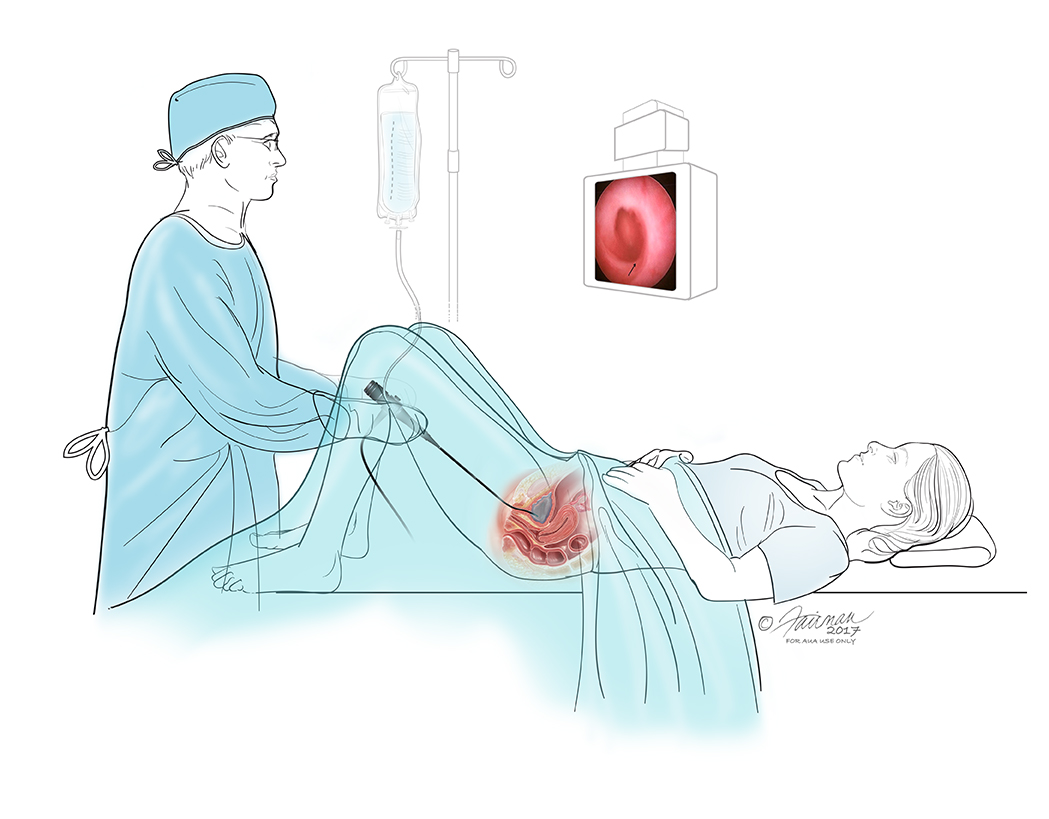
Hematuria : Symptoms, Diagnosis & Treatment - Urology Care Foundation

7 Diet Tips to Help Prevent Deep Vein Thrombosis | Everyday Health
/understanding-urinary-retention-in-pregnancy-4769074_FINAL-ce93efd4f8fc4f958ec83a5bf2e711e8.png)
Understanding Urinary Retention in Pregnancy
Posting Komentar untuk "how to get rid of blood clots in bladder"